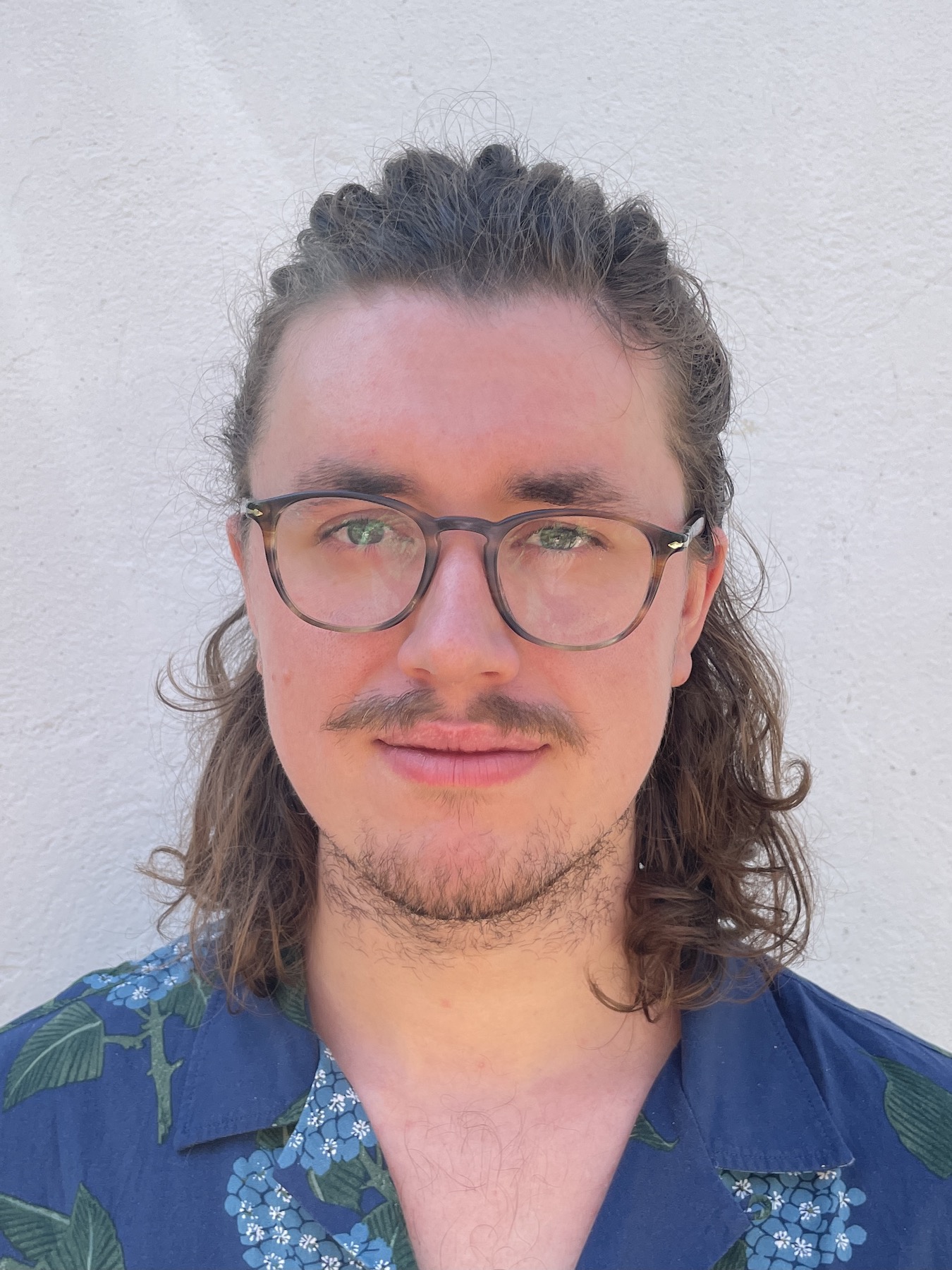Profile
Title: Evaluating the suitability of Organic Semiconductor Detectors for Nuclear SecuritySupervisor: Prof Adrian BevanDescription: Organic Semiconductor (OSC) technology developed with the aim of identifying neutron background for future Dark Matter experiments can also be used in a steady state mode to detect ionising and neutron radiation.The QMUL group has invented bulk-heterojunction OSC radiation diode & Field Effect Transistor (FET) detectors, with boron sensitizers (international patent pending). Prototypes have been tested in-house, and DC-coupled diode field tests have been performed at AWE, yielding valuable data to improve methods and designs. This studentship will build on the existing technology. The focus is time-integrated neutron detection, exploring the application of OSC devices for nuclear security applications, and evaluating performance against requirements of the IEC 62484 standard for portal detector development.QMUL has established photon and alpha particle detection for DC-coupled diodes using Poly(3- hexylthiophene-2,5-diyl) (P3HT) and Phenyl-C61-butyric acid methyl ester (PCBM) sensitised to neutrons with BN and have made FETs using the same OSCs as well as exploring other organic semiconductor material systems. This project will explore using OSCs as radiation detectors in an integrating mode to specifically target development of a prototype data acquisition system for a portal monitor, and studying both photon rejection and neutron detection limits of the current technology, while also evaluating the response to different forms of ionising radiation, including α particles from a 241Am source.
Funding: AWE, NuSec
